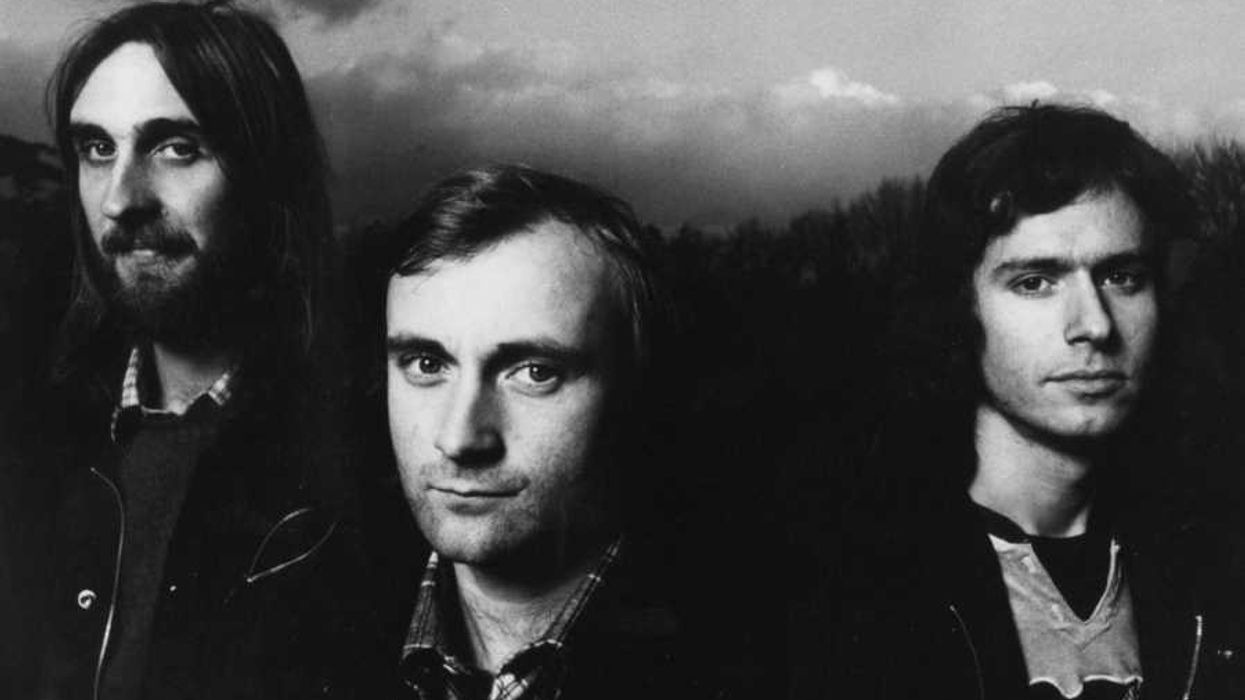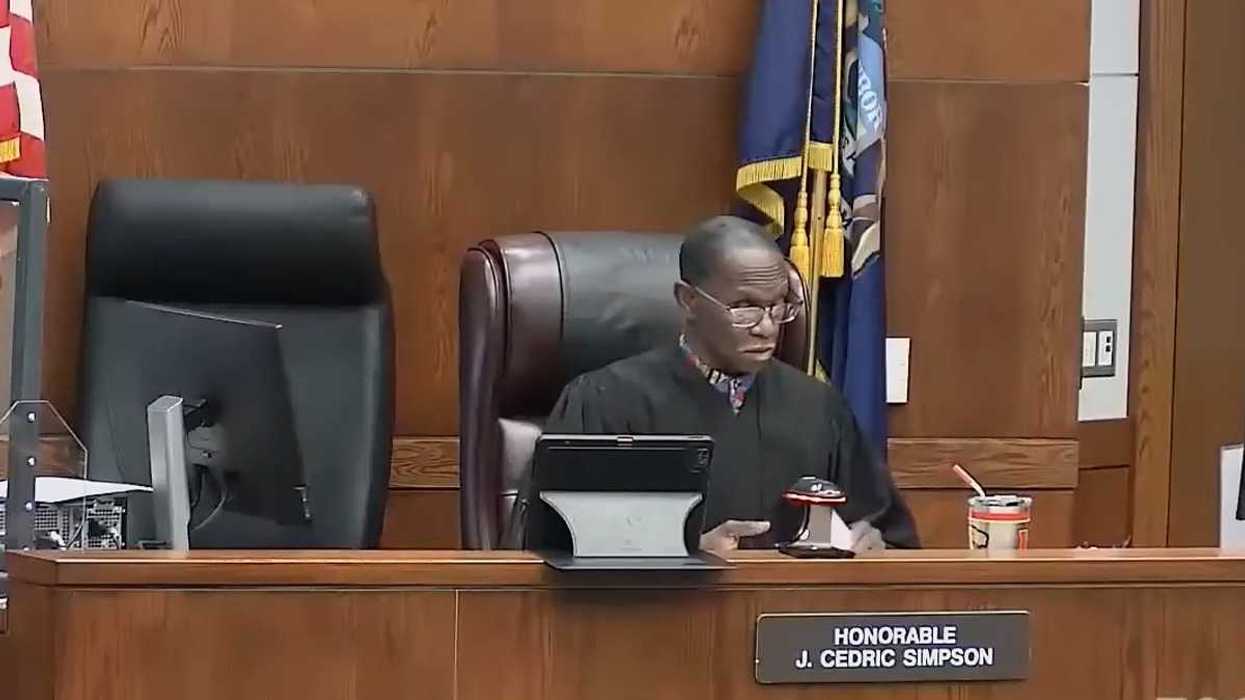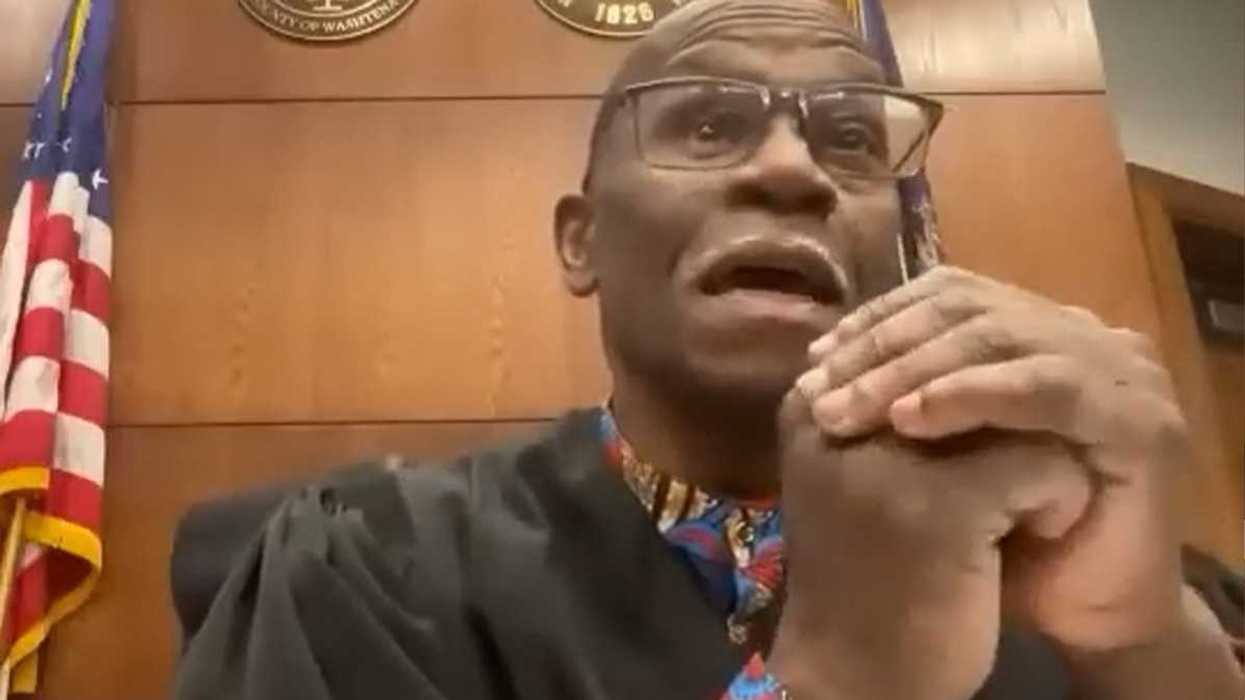In March 1978, The Sex Pistols were six months removed from their punk-defining debut album, Never Mind the Bollocks Here's The Sex Pistols. The Clash were in the process of recording their firecracker second LP, Give 'Em Enough Rope. The supposed "New Wave" was in—and progressive rock, as a commercial and critical enterprise, was circling the drain.
Against this wobbly backdrop, Genesis entered Relight Studios in the Netherlands to record their ninth record (and first as a trio), ...And Then There Were Three...
There was a lot of change in the air, even beyond the era’s shifting styles. Guitarist Steve Hackett, a member since 1971, had recently exited the lineup, eager to spread his wings as a solo artist. Their enigmatic former frontman, Peter Gabriel, had only been out of the band since 1975. And while Genesis LPs had always sold reasonably well, particularly in their native U.K., they weren’t exactly hit-makers. If they ever needed a blockbuster single to get them over the hump, this would have been a great time—and they happened to stumble upon one, the glowing and uncharacteristically heartfelt "Follow You Follow Me," almost by accident.
- YouTube www.youtube.com
"The most exciting moment for me in the studio was when Mike [Rutherford] played a big flanged guitar riff and I started playing a few chords along to it," keyboardist Tony Banks recalled in the 2007 book Genesis: Chapter & Verse. "Suddenly, the combination sounded fantastic, this very simple little thing, which became 'Follow You Follow Me.' And having worked it up, we decided, 'Let’s keep this really simple.' Mike went off and wrote a very simple love song lyric on top of it, trying not to move away from the flavor of the piece, because it was a song that made you feel warm. It was a happy song—which is something that we're not really very good at—and it needed a love lyric where everything went right. It was a whole new experience."
Indeed, the groovy and mellow tune stood in stark contrast to most of the band's catalog—even the rest of …And Then There Were Three..., which still featured plenty of elaborate prog-rock arrangements heavy with synthesizer solos ("Undertow"), busy drum parts ("Down and Out"), and fantasy-driven lyrics ("The Lady Lies").
That said, Genesis were still eager to suppress their wilder side this time around—spotlighting their melodies, saying in five or six minutes what they may have previously taken 12 to do.
"With ...And Then There Were Three… also, the idea of trying to keep the songs a little more concise, to get more ideas on the album, was quite appealing and something we wanted to do regardless," Banks recalled in an interview promoting the album’s 2007 reissue.
- YouTube www.youtube.com
In the same retrospective piece, Rutherford said they had no big-single plans for "Follow You Follow Me." They arrived at that place organically: After Banks added keyboards to the chiming guitar riff, Collins settled into a soulful drum groove, and then Rutherford went off and hammered out his lyrics in about 10 minutes.
"Easiest song to write lyrically I’ve ever written in my life," he said. "I sat down, and it just came out very easily. They’re not astounding words, but I think being simple and not embarrassing is often quite hard. I thought, 'Well, it can’t be that easy. They’re so simple—'Stay with me'? I don’t know.’ We’d come from a much more complicated background of lyric writing, and I thought, 'I can’t just do that, can I?' It’s an interesting song because it’s a very simple song, and I think the way Phil [Collins] sang it just kept a certain simplicity and mood—it’s a little pop song but also a genuine little piece of music."
The magic, as it often does, just happened. It became their first top-10 track in the U.K. It even reached No. 23 on the Billboard Hot 100—easily their highest placement to date on that chart, eclipsing their previous best of No. 62 with the prior year’s equally sentimental (but much less compelling) "Your Own Special Way."
By leaning further into their vulnerable side—and letting their musical chemistry guide them to a simpler, sweeter space—they shape-shifted their way into new life. Instead of winding up viewed as prog dinosaurs (at least completely), they walked into the '80s with much-needed momentum.
"You must remember, this came out in the middle—or was it just after?—punk," Banks recalled in the reissue interview. "I don’t know. It was a strange thing. We were still surviving, but we couldn’t quite work out why, because everyone seemed to have gone. ELP had died. Yes had died. And we were still going along. And we were lucky to perhaps have this hit single come out in the middle of all this, and we were OK."
- YouTube www.youtube.com


















 A woman sits in a new car at a dealershipCanva
A woman sits in a new car at a dealershipCanva GIf from 'Pretty Woman' of Roberts saying "BIg mistake. Big. Huge." via
GIf from 'Pretty Woman' of Roberts saying "BIg mistake. Big. Huge." via 
 People voting. Photo credit:
People voting. Photo credit:  Young women rally. Photo credit:
Young women rally. Photo credit:  Tressie McMillan Cottom.Tressie McMillan Cottom/
Tressie McMillan Cottom.Tressie McMillan Cottom/ 
 Honorable J. Cedric Simpson at work in the courtroom.Image from
Honorable J. Cedric Simpson at work in the courtroom.Image from  A close up of Judge Simpson.Image from
A close up of Judge Simpson.Image from 
 Siblings engaging in a pillow fightCanva
Siblings engaging in a pillow fightCanva
 Revenge can feel easier than forgiveness, which often brings sadness or anxiety.
Revenge can feel easier than forgiveness, which often brings sadness or anxiety. 
 Created with
Created with  Where to turn off autoplay in your account on Facebook’s website.Screen capture by The Conversation,
Where to turn off autoplay in your account on Facebook’s website.Screen capture by The Conversation, 
 A young teen cries while listening to music via
A young teen cries while listening to music via